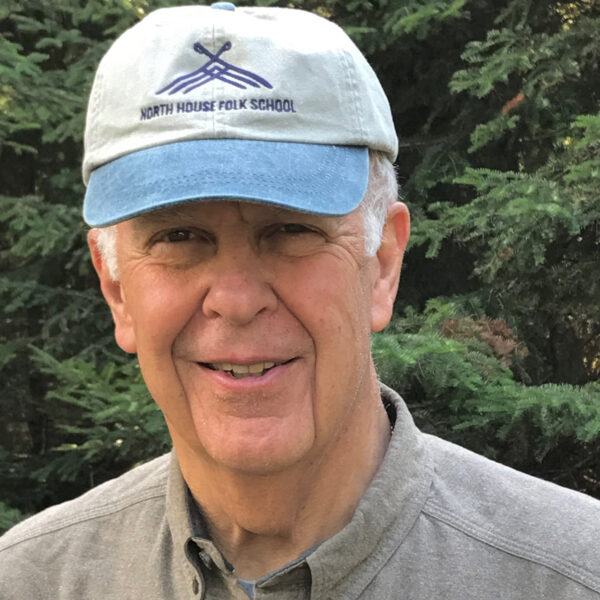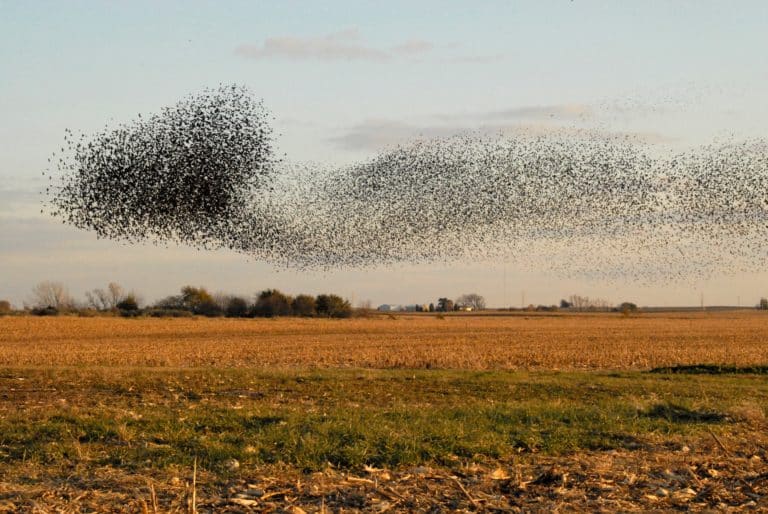Five Simple Things to Reweave Our Civic Community
Here’s a story told by the poet Naomi Shihab Nye, whose work I love. It’s a very different story than those we read daily in the media. But it’s a true story of the real world, more true and more real than many media reports.
It will take a couple of minutes to read it, and if you are like me, you will need your glasses! But I think you will find, to quote the poet, that “this is the world I want to live in”— and that all of us can do something every day to help make it so.
Gate 4-A
from “Honeybee: Poems & Short Prose”Wandering around the Albuquerque Airport Terminal, after learning my flight had been detained four hours, I heard an announcement: “If anyone in the vicinity of Gate 4-A understands any Arabic, please come to the gate immediately.”
Well — one pauses these days. Gate 4-A was my own gate. I went there.
An older woman in full traditional Palestinian embroidered dress, just like my grandma wore, was crumpled to the floor, wailing loudly. “Help,” said the Flight Service Person. “Talk to her. What is her problem? We told her the flight was going to be late and she did this.”
I stooped to put my arm around the woman and spoke to her haltingly. “Shu dow-a, Shu-bid-uck Habibti? Stani schway, Min fadlick, Shu-bit-se-wee?” The minute she heard any words she knew, however poorly used, she stopped crying. She thought the flight had been cancelled entirely. She needed to be in El Paso for major medical treatment the next day. I said, “You’re fine, you’ll get there, who is picking you up? Let’s call him.” We called her son and I spoke with him in English. I told him I would stay with his mother till we got on the plane and would ride next to her — Southwest.
She talked to him. Then we called her other sons just for fun. Then we called my dad and he and she spoke for a while in Arabic and found out of course they had ten shared friends. Then I thought just for the heck of it why not call some Palestinian poets I know and let them chat with her?
This all took up about two hours. She was laughing a lot by then. Telling about her life, patting my knee, answering questions. She had pulled a sack of homemade mamool cookies — little powdered sugar crumbly mounds stuffed with dates and nuts — out of her bag — and was offering them to all the women at the gate. To my amazement, not a single woman declined one. It was like a sacrament. The traveler from Argentina, the mom from California, the lovely woman from Laredo — we were all covered with the same powdered sugar. And smiling. There is no better cookie.
And then the airline broke out the free beverages from huge coolers and two little girls from our flight ran around serving us all apple juice and they were covered with powdered sugar too. And I noticed my new best friend — by now we were holding hands — had a potted plant poking out of her bag, some medicinal thing, with green furry leaves. Such an old country traveling tradition. Always carry a plant. Always stay rooted to somewhere. And I looked around that gate of late and weary ones and thought, this is the world I want to live in. The shared world. Not a single person in this gate — once the crying of confusion stopped — seemed apprehensive about any other person. They took the cookies. I wanted to hug all those other women too. This can still happen anywhere. Not everything is lost.
Inspired by the simplicity and power of Naomi Shihab Nye’s story — as I’m sure many of you are — here’s a list of five simple things we can do to help with healing the heart of democracy (now in paperback). It’ll be worth the eyestrain if we all do one small thing today, and tomorrow, and tomorrow, that emulates Nye and helps reweave our civic community. Small things can add up to something big.
We the People called American democracy into being. We can call it back to wellbeing only as we heal our own distrust, divisions and fear, and restore our civic community. That’s a big task. But all of us can contribute to it by doing simple things in our everyday lives. Here are some examples. If none of them work for you, imagine something that will. Remember that most big problems are solved with a million small actions.
- Go downtown, or to the mall, turn off your cell phone or your iPod, and don’t let the crowd blur out. Instead, do some focused people-watching. Notice the faces, body language, and behavior of the people passing by. Imagine their life stories. Practice empathy. Enjoy diversity. Remember we are all in this together.
- If you use public transportation, or frequent a coffee shop or cafe, start a conversation with a stranger that might move from a comment on the weather to a question about something in the news. But instead of agreeing or disagreeing with what he or she tells you, ask questions that draw him or her out. Play the role of “roving reporter” whose purpose is not to tell others what you think but to find out how they see the world. Most people want a sense that someone sees and hears them. Be that someone.
- If new folks move into your neighborhood, introduce yourself. Tell them you want your neighborhood to be a place where people watch out for each other. Give them your phone number, and invite them to call if there is something you might help with, like keeping an eye on their house while they are gone. A caring neighborhood is next-door democracy.
- If you know someone who holds political beliefs different from yours, tell them that you learn by listening, not arguing, and ask them about the experiences that led to their convictions. Ask questions that take them behind their opinions to the real-life stories about people and events that helped shape what they believe. Don’t comment, just listen and learn. The more you know about another person’s story, the harder it is to dislike or distrust them.
- If you hear something hateful being said about people of certain backgrounds or beliefs, don’t get into a dog fight. Tell the speaker that you find what he or she said personally hurtful. Say that you value everyone’s humanity and find it painful to live in a world where we tear each other down rather than build each other up. Tell them you want a world where we can all say to each other, “Welcome to the human race!”

